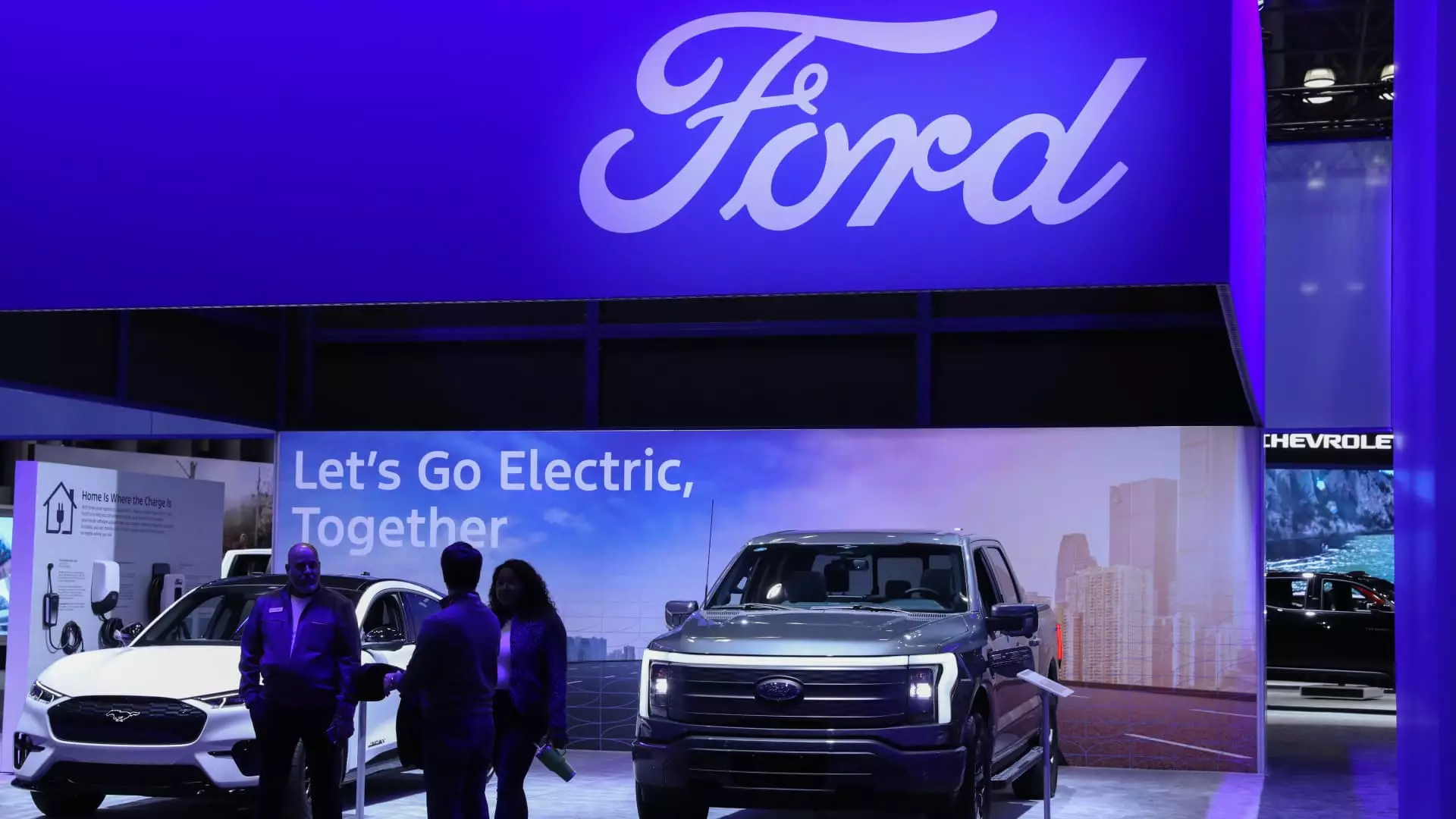Ford Motors recently announced a major shift in its electric vehicle strategy, opting to delay production of a next-generation all-electric pickup truck in Tennessee and cancel plans for a three-row electric SUV. Instead, the company will prioritize the development of hybrid models and electric commercial vehicles, such as a new electric commercial van in 2026, followed by two EV pickup trucks in 2027.
According to Ford CFO John Lawler, this strategic shift is a response to market demand and the company’s focus on leveraging its competitive advantage in the commercial vehicle sector. The decision aims to deliver a capital-efficient, profitable electric vehicle business in the long run, although it may incur short-term costs. Ford plans to write down certain product-specific manufacturing assets, incurring a special noncash charge of about $400 million, and additional expenses of up to $1.5 billion.
Lawler also mentioned that Ford’s future capital expenditure plans will see a shift from spending around 40% on all-electric vehicles to spending 30%, although no specific timeline was provided for this change. Vehicle production at the new $5.6 billion Tennessee plant is now expected to begin in 2023, with battery cell production slated to commence in 2025.
In response to slower-than-expected adoption of EVs and customer feedback, Ford’s decision to pivot towards hybrid models and commercial vehicles reflects the company’s commitment to being nimble and responsive to market demands. This shift underscores Ford’s willingness to listen to its customers and offer a broader range of electrification choices.
Ford’s next generation of EVs will kick off with a commercial van slated to be assembled at Ford’s Ohio Assembly Plant starting in 2026. This move aligns with Ford’s commitment to profitability, as the company has shifted away from selling EVs at a loss to gain market share. Ford remains dedicated to updating and producing its current all-electric vehicles, such as the Ford Mustang Mach-E crossover and F-150 Lightning pickup truck.
Looking ahead, Ford plans to provide investors with an update on electrification, technology, profitability, and capital requirements in the first half of 2025. This update will offer stakeholders insights into Ford’s long-term strategy and its continued commitment to innovation in the electric vehicle market.
Ford Motors’ strategic shift towards hybrid models and commercial vehicles represents a bold move aimed at optimizing profitability and capital efficiency in its electric vehicle business. By prioritizing customer feedback and market demands, Ford is positioning itself for long-term success in the rapidly evolving automotive landscape.

